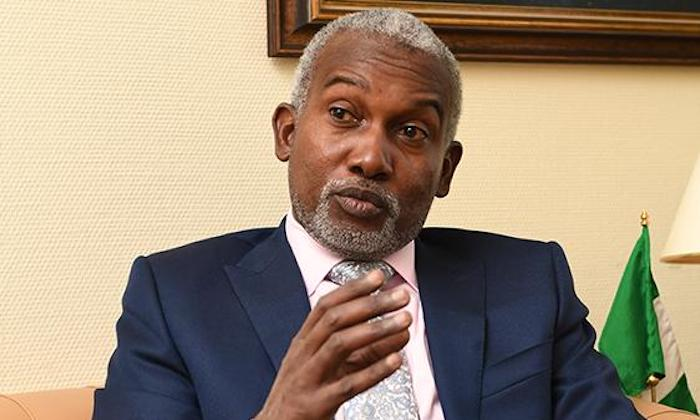Nigeria is seeking to expand its current $1 billion trade volume with Japan at the ninth Tokyo International Conference on African Development (TICAD9) hosted by Japanese Prime Minister Shigeru Ishiba.
President Bola Tinubu joined other African heads of state in Tokyo, positioning Nigeria as a central player in discussions aimed at advancing Africa’s trade, technology, and agricultural development.
The summit, co-hosted by the United Nations, World Bank, and African Union, underscores the importance of global partnerships for Africa’s sustainable growth.
For Nigeria, this marks its debut at TICAD, signaling a fresh commitment to forging deeper ties with Japan, the world’s third-largest economy.
Expanding Bilateral Trade Opportunities
Currently, Nigeria exports petroleum gas, hydrocarbons, and scrap metals to Japan, while importing cars, buses, and synthetic filaments in return.
However, Nigeria is eager to diversify by boosting agricultural exports such as shea butter, cassava, and acha (a nutritious grain already in high demand in Japan).
With Japan’s energy needs and Nigeria’s abundant hydrocarbon reserves, the partnership could deliver mutual benefits, particularly in clean energy.
Nigeria also hopes to fast-track ongoing power transmission projects backed by Japanese support, reinforcing energy security and industrial growth.
Learning from Japan’s “Flying Geese” Model
Nigeria’s Foreign Affairs Minister, Yusuf Tuggar, emphasized that the country intends to draw lessons from Japan’s post-war economic transformation.
In the 1960s and 70s, Japan spearheaded what economists call the “flying geese effect,” investing across Asia to drive shared prosperity and industrial growth.
Nigeria hopes to replicate this model by developing industries, creating jobs, and integrating African economies into stronger regional value chains. According to Tuggar, “Nigeria is leveraging this platform to strengthen relations with Japan and also lead Africa in restructuring the global financial architecture.”
Diplomacy Beyond Trade
TICAD9 is also a diplomatic opportunity for Nigeria to assert itself on the world stage. With 17 African leaders present, Nigeria is lobbying for a non-permanent seat on the United Nations Security Council, alongside roles in the International Court of Justice and International Maritime Organization.
Tuggar noted that Nigeria’s goal is to be at the “decision-making tables of the world,” advocating for fairer debt restructuring and reforms in global financial governance. This strategic move highlights Nigeria’s dual approach — economic expansion and stronger geopolitical influence.
Why TICAD9 Matters for Nigeria
Launched in 1993, TICAD was designed to restore global attention to Africa at a time when aid fatigue and debt crises dominated. Unlike donor-led forums, TICAD prioritizes African ownership of development strategies while encouraging international partnerships, shaping initiatives like NEPAD and the Global Fund.
For Nigeria, attending TICAD9 represents both an economic and symbolic milestone. It demonstrates intent to diversify trade, deepen investment in technology and agriculture, and attract Japanese agencies like JICA and JETRO to bolster Nigeria’s reform agenda.
Shaping Africa’s Development Agenda
The theme of TICAD9, “Co-create Innovative Solutions with Africa,” aligns with Tinubu’s vision for sustainable growth, regional integration, and innovation-driven development. It reflects Africa’s transition from aid dependency toward trade-driven transformation supported by global investment.

